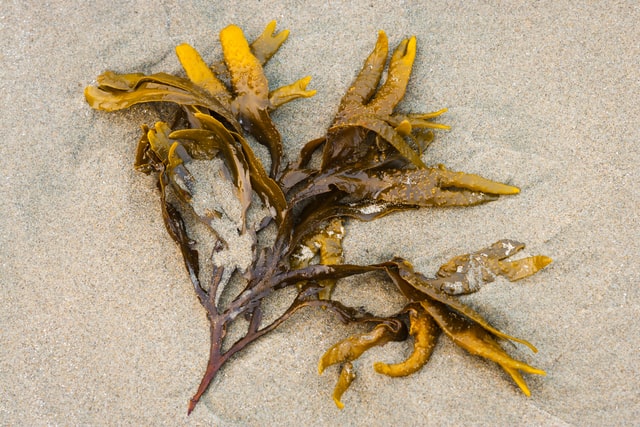When we heard about seaweed, the first thing that comes to our mind is tao kae noi, the most famous seaweed snack from Thailand, or if you like sushi, then you definitely know the taste of seaweed that wrapping in the rice.
Yes, definitely you all already know the beauty taste of the seaweed that melts on your tongue. Seaweed knows has high protein that is good to our health such as
- Contains Iodine and Tyrosine, Which Support Thyroid Function
- Contains 4 grams of protein
- Contains a Variety of Protective Antioxidants
- Provides Fiber and Polysaccharides That Can Support Your Gut Health
- And other good beneficials.
Recently, people are researching another benefit of seaweed, and one of the researchers was Winberg, a marine ecologist at the University of Wollongong. She has spent decades studying seaweed, she believes that seaweed’s fast growth rate and ability to absorb vast amount of carbon dioxide can help fight climate change, deacidify the oceans, and change the way we farm, not just in the oceans but also on land. In short, Winberg believes averting the worst of climate change will involve growing more seaweed – much more.
It says that “Globally, seaweeds are thought to sequester nearly 200 million tonnes of CO2 every year – as much as New York State’s annual emissions”.
It was such a huge number and seem trustworthy.
But the researchers are not completed yet, as a study published in Nature Geoscience found that our assumptions about seaweed absorbing carbon dioxide could be wrong. The study estimated that about 11 percent of total seaweed production may be sequestered, most of it after it sinks down into the deep sea.
We may not know the truth about the seaweed, but according to these studies, there is high opportunity that seaweed might can absorb the carbon dioxide and help the world to minimize the level of carbon dioxide.

